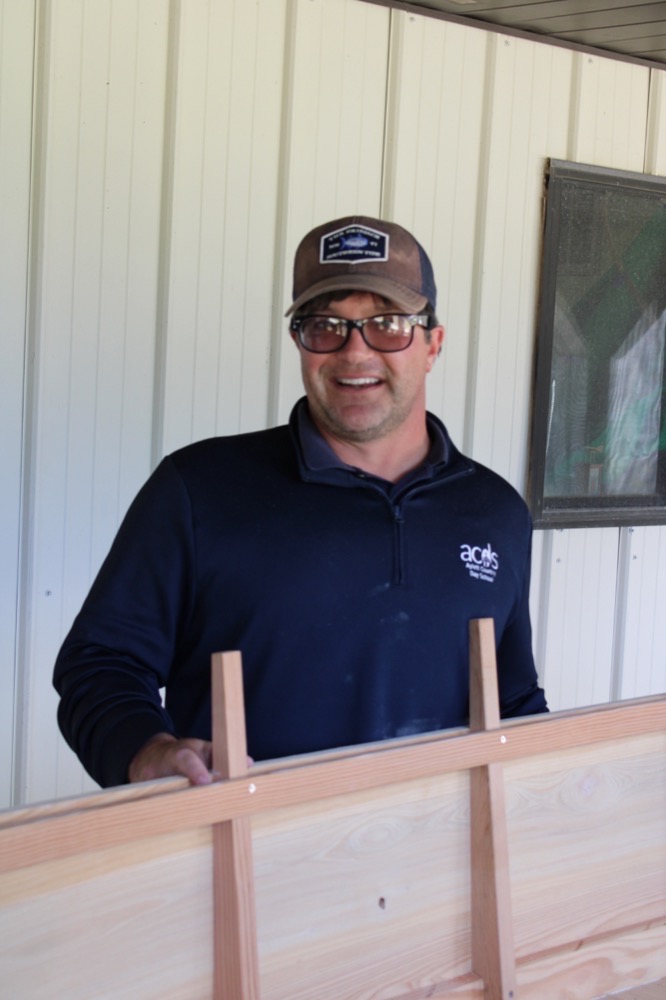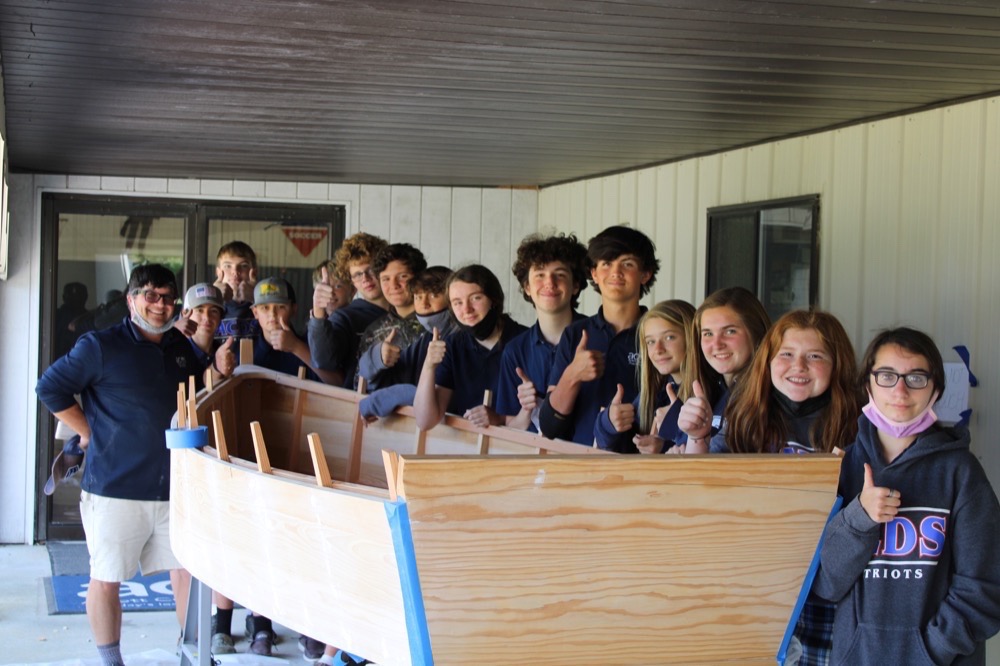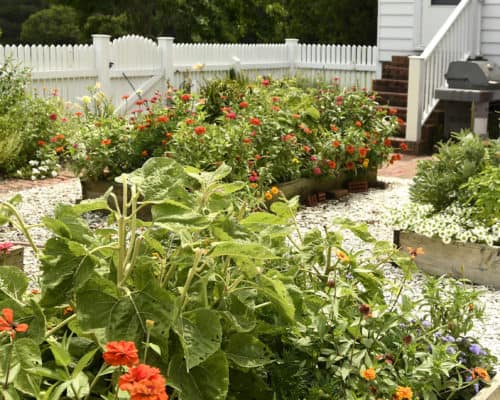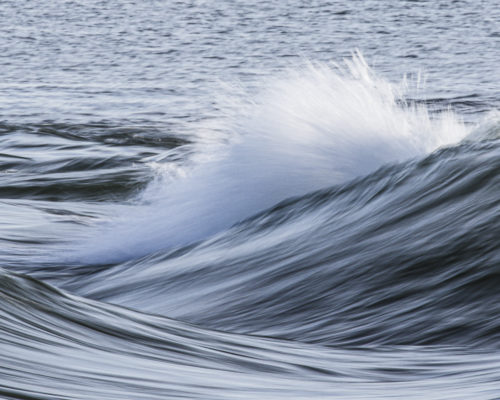Shaping the next generation of Bay stewards through hands-on learning
Waterman, seafood restaurateur, river steward, tour boat captain—Richard Moncure didn’t follow the typical career path to his position as a middle-school science teacher. Instead, he took the river path, and its waters run through every lesson he teaches.
Chances are you won’t find the Aylett Country Day School educator standing in front of his chalkboard. Moncure believes learning is rooted
in hands-on experience, and Virginia’s Tidewater is the perfect classroom.
On any given day he and his students might be kayaking on Dragon Run, planting trees at the wildlife refuge,
or identifying species on Chincoteague Island. Even when they’re on school grounds, don’t expect to see Moncure’s science students sitting at desks. On the day we visit, his eighth-grade class is outside, putting the finishing touches on a boat—and not just any boat, but one they built
from scratch.
The 14-foot cypress skiff is a STEM activity, combining mathematics, science, and engineering, started with the help of volunteers and staff at the Deltaville Maritime Museum. It is now just a few days from being finished, the last step mounting a 2.5-horsepower Yamaha outboard. According to Moncure, projects like this one make difficult abstract scientific concepts more concrete and easier for students to understand.

“There’s so much here: physics, fluid dynamics, displacement. Even the motor—we learned about wave lengths and pitch to determine the appropriate size for the boat,” he says. “We also covered types of energy.” He points to a girl near him, carefully sanding the rail. “Megan, what kind of energy are you using?” She thinks for a moment, then brightens. “Kinetic.” Moncure nods, smiling.
“When they do projects like this, they see how academic knowledge is used,” he continues. “To build a boat the right way takes math. For example, to get our sides equal, we divided the boat into two triangles and used the Pythagorean theorem to find the hypotenuse.”
For proof, he turns to a group of students opening a can of paint. “What’s the equation to solve for the hypotenuse?” His question is met with a chorus. “a2 + b2=c2!” Moncure laughs. “If you use math, you become a better boatbuilder. If you build a boat, you become a better mathematician.”
And this science teacher knows boats. The Virginia native comes from a long line of watermen, and he spent much of his childhood fishing, crabbing, and working in his family’s seafood restaurant. After graduating from college in 2003, he did a stint in Africa with the Peace Corps, took a job as River Steward for the Friends of the Rappahannock, and started Rappahannock Roundsterns with partner Nate Parker, offering ecotours on classic wooden boats. But it was his time as River Steward that had the greatest influence on his choice to go into teaching.
“These big decisions were made that had an impact on the watershed, and there just weren’t enough advocates there to speak up. It was frustrating,” he admits. “There was this disconnect between people’s enjoyment of what the river offered and their support to preserve it.” He realized the best way to create strong voices for the watershed might be to grow them himself.
“Education is the pillar of being a river steward, and it is also the pillar of Rappahannock Roundsterns,” he says. He credits the late Judy Allen, a former ACDS teacher and volunteer with Friends of the Rappahannock, with opening his eyes to how hands-on educational experiences could shape children’s perspectives. Allen and her students were a familiar sight canoeing and marsh mucking along the river, and many of Aylett’s alums went on to major in marine science or take an active role in protecting the environment. “I realized that if I could get kids excited about this beautiful river, about its history and its ecosystems, they’d be the ones standing up in those meetings tomorrow.”
To that end, Moncure works collaboratively with his school’s history and English teachers to develop students’ research and communications skills. Their goal is not just to raise a generation that cares about the Rappahannock and the Chesapeake Bay, but to give them the tools to be effective advocates.
“We want them to be able to make a plan, to find evidence to support it, to use clear reasoning, and to be passionate but also persuasive,” he explains. “If we can teach them that, it won’t just impact the watershed, it will impact every area of their lives.”
Moncure concedes that the kind of education he and his colleagues provide requires more resources than traditional classroom teaching. But he says that at every corner, people in the community have stepped in to help. Take the Virginia Outdoor Center, which donated use of a trailer along with a set of canoes and kayaks, a gift Moncure calls “a game changer” because it allowed them easy access to the water. Or that new motor for the skiff—a donation from Garrett’s Marina. The skiff will eventually be auctioned off, with the funds going into the school’s Judy Allen Memorial Science Fund Program.
With all the support he has received, Moncure is excited about the future of outdoor education at ACDS—but that’s a discussion for another time. The eighth graders are brandishing their brushes, and Richard Moncure, science teacher, has a boat to paint.




